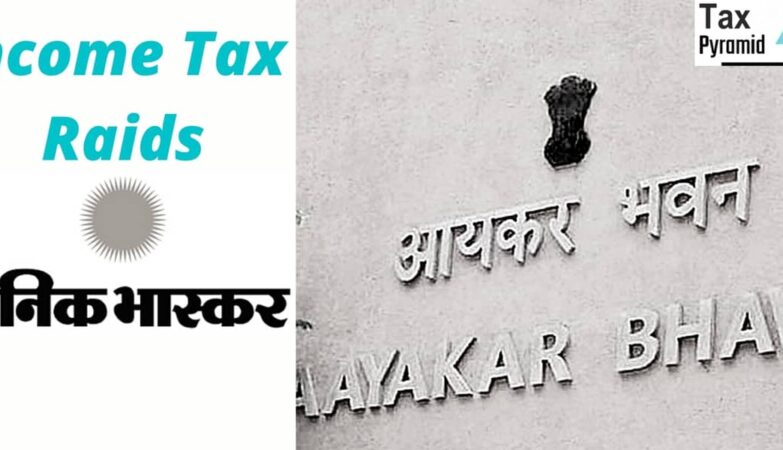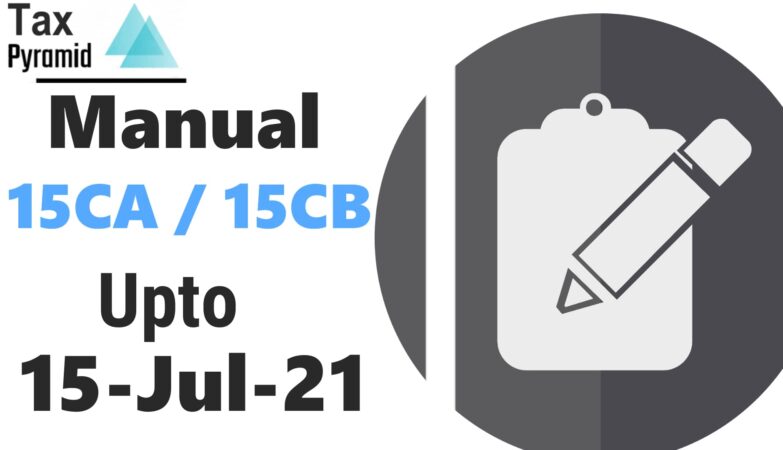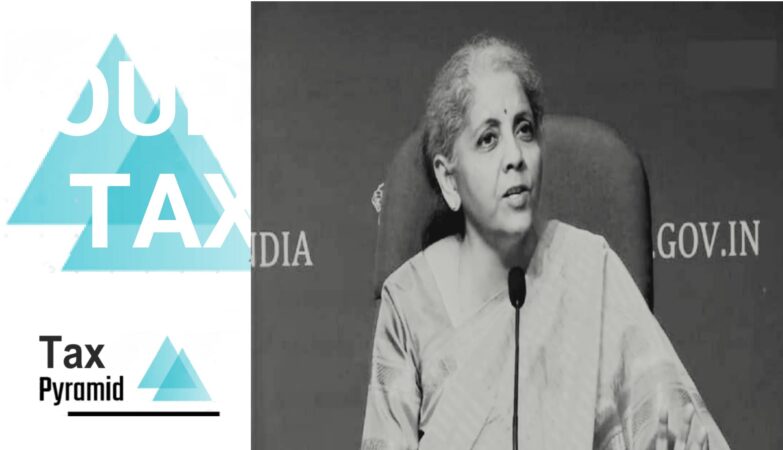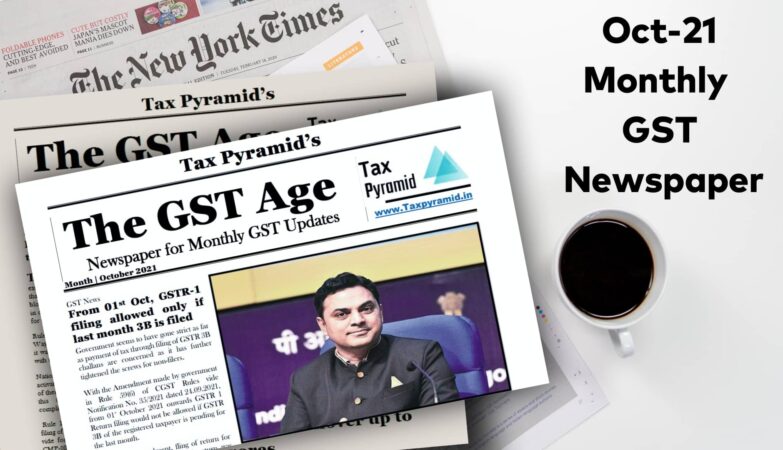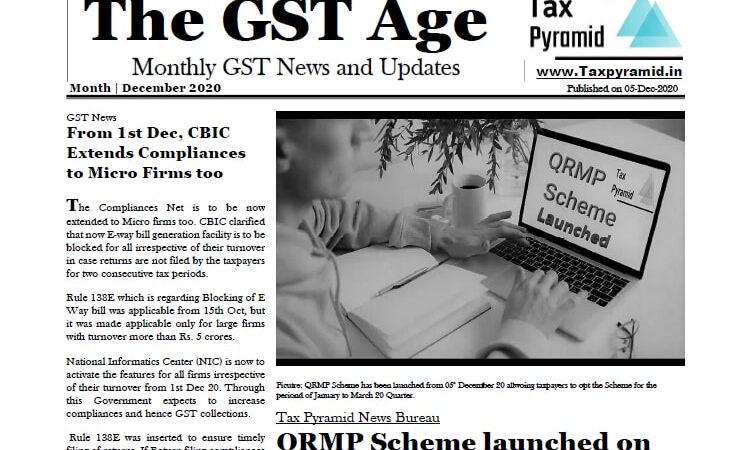
Delhi High Court has laid out in an important judgement that the proper officer can conduct or authorise search and seizure under section 67(2) of CGST Act only if it has proper “Reasons to Believe” without which such search and seizure would be considered unlawful.
In R.J. Trading Co. vs. Commissioner of CGST, Delhi, HC held that proper officer before exercising the power to conduct search and seizure under section 67(2) of CGST Act or authorise another office in writing to conduct such search and seizure, the proper officer must have “reasons to believe” that the goods which are liable to confiscation or documents or books are relevant or useful to the proceedings under CGST Act are kept in any place. Without proper reasons to believe, such authorised search and seizure is unlawful.
These reasons which would make one believe the non compliance has taken place is necessary to exercise the power for search and seizure under section 67(2) of CGST Act. This act as trigger to wield the power for authorizing search and seizure. The court has strongly said that the officers should bear in mind that the power for search and seizure provided to them is an intrusive power and needs to be used carefully and with caution. The law has imposed restriction on the power by providing the controlling provisions in terms of “reasons to believe” which needs to complied with.
In the subject case of M/s R. J. Trading, there was no investigations were carried out against RJT by the CGST Delhi North Commissionerate which is also a pre-requisite for using the power for search and seizure under section 67(2) of CGST Act.
In this case the search and seizure under section 67(2) was authorised on the basis of a communication received from Joint Commissioner (AE), Gautam Budh Nagar addressed to the Additional/Joint Commissioner, CGST Delhi North Commissionerate. This communication was about the Joint Commissioner (AE), Gautam Budh Nagar wanting to know, in connection with the investigation of a separate entity M/s Mridul Tobie Inc., as to whether M/s R J Trading (assessee), which was its L2 category supplier, actually existed.
There was nothing stated in the document which could have formed the “reasons to believe” or the basis for issuing an authorization by the Additional Commissioner CGST Delhi North Commissionerate for search and seizure under section 67(2) in regard to the assessee.
Therefore it can be said that the communication on the basis of which such search and seizure under section 67(2) of CGST Act was authorised provided no clue whatsoever in regard to “any” goods of M/s R J Trading that were liable for confiscation or “any” documents, or books or things which would be useful for or relevant for proceedings under the CGST Act had been secreted to any place as required under the Section 67(2) of CGST Act to authorise such search and seizure. A prerequisite for the formation of belief for the exercise of powers concerning search and seizure was found missing in the case.
Therefore Delhi High Court declared the search and seizure conducted by CGST Delhi North Commissionerate as unlawful





